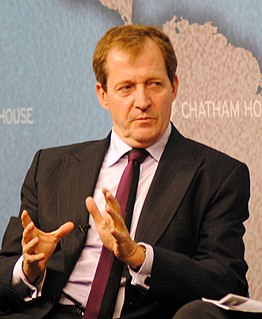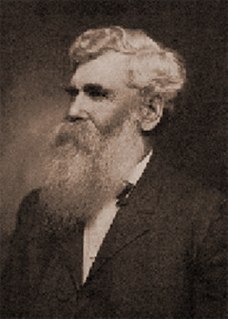A Quote by Andrew Lloyd Webber
Sometimes I get the story wrong, or it's the wrong story, and then things don't work.
Related Quotes
I was born with the wrong sign
In the wrong house
With the wrong ascendancy
I took the wrong road
That led to
The wrong tendencies
I was in the wrong place
At the wrong time
For the wrong reason
And the wrong rhyme
On the wrong day
Of the wrong week
Used the wrong method
With the wrong technique
Wrong
Wrong.
The thing that's helped me from wrestling is sometimes when you do live television, things change immediately, so you can be immersed in one story and then the story shifts. Ultimately, if you just get the point of what you're trying to accomplish, if you know the story, then you can put forth a good product.
We're going to open up the libel laws. So when they write falsely, we can sue the media and we can get this story corrected and get damages. I would absolutely work to open up the libel laws. If you write something that's wrong, and at least, knowingly wrong but wrong, a person like me and other people can bring a lawsuits to have it corrected and to get damage.
If we can get that realistic feminine morality working for us, if we can trust ourselves and so let women think and feel that an unwanted child or an oversize family is wrong -- not ethically wrong, not against the rules, but morally wrong, all wrong, wrong like a thalidomide birth, wrong like taking a wrong step that will break your neck -- if we can get feminine and human morality out from under the yoke of a dead ethic, then maybe we'll begin to get somewhere on the road that leads to survival.
The ‘experimental’ writer, then, is simply following the story’s commands to the best of his human ability. The writer is not the story, the story is the story. See? Sometimes this is very hard to accept and sometimes too easy. On the one hand, there’s the writer who can’t face his fate: that the telling of a story has nothing at all to do with him; on the other hand, there’s the one who faces it too well: that the telling of the story has nothing at all to do with him









































